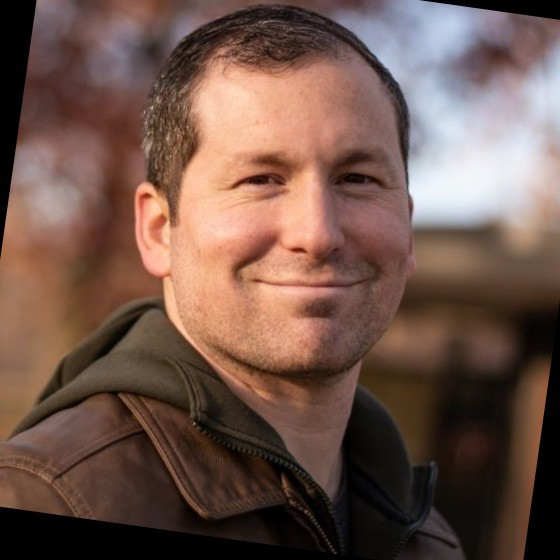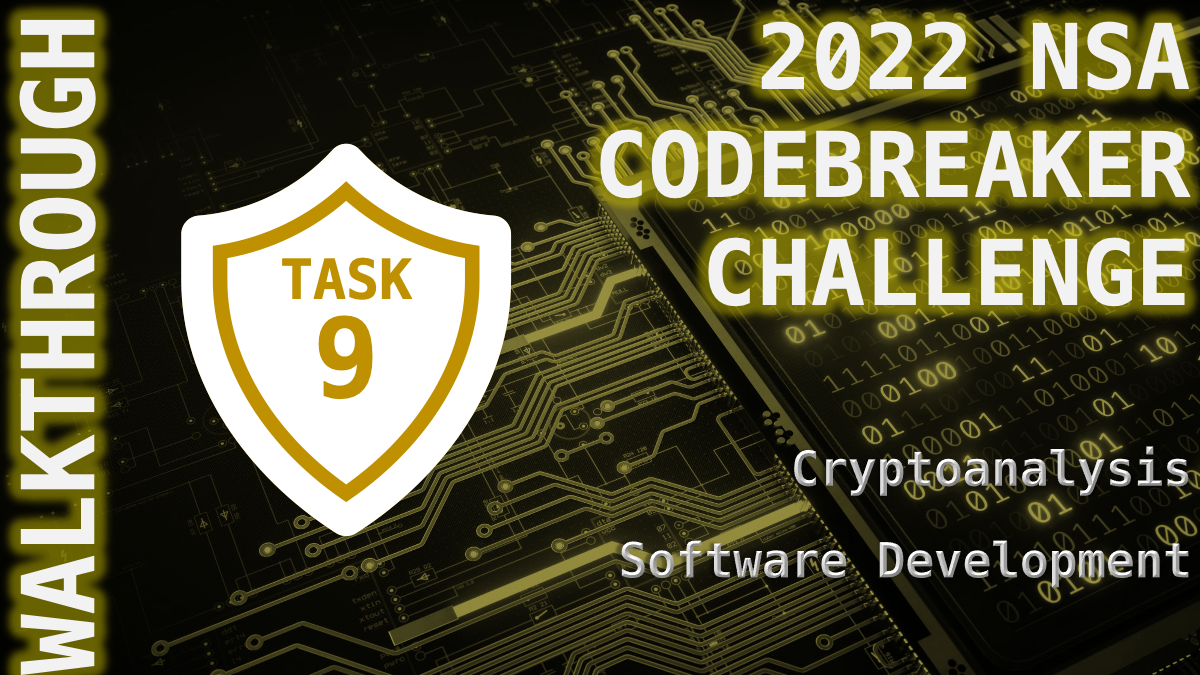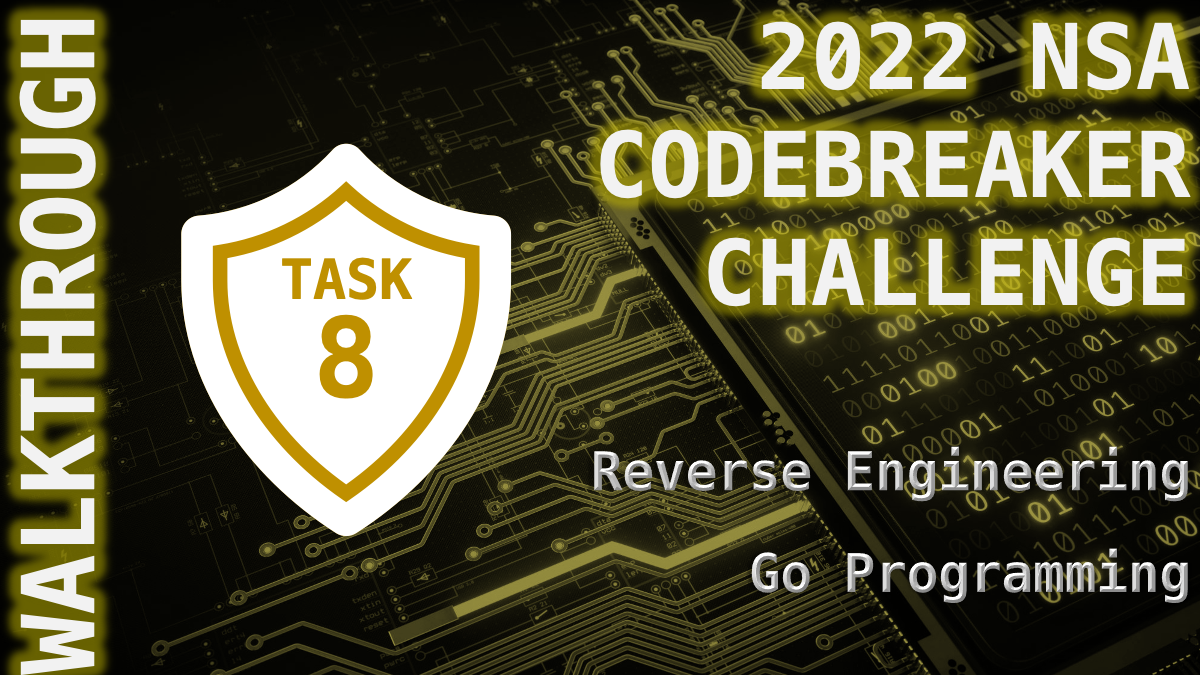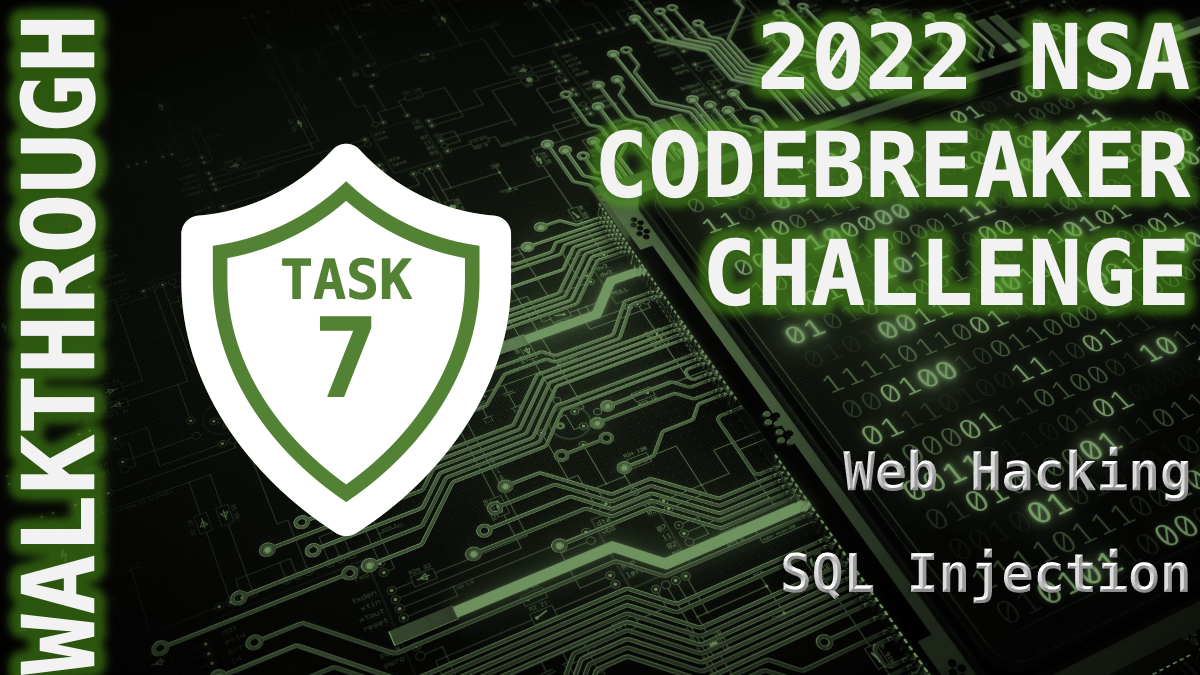Bye Privacy, Hello World
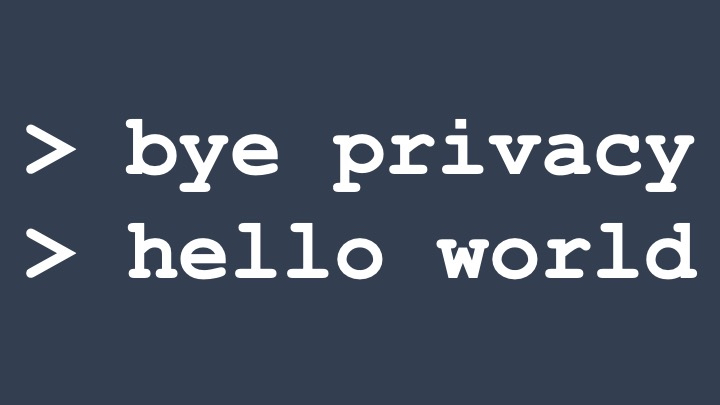
At the beginning of 2021, I made a tough choice. I deleted all of my social media accounts and news apps except one – LinkedIn. I didn’t make an announcement or notify close friends. I just did it. The catalyst for my decision was the proliferation of influence techniques I was seeing online. My earlier degree in journalism (e.g. media studies) taught me valuable lessons, which I took to heart. Our Country was in turmoil, and I didn’t want my personal views to be the first casualties. But now I’m making a blog?
Deleting My Personal Life
“You can NEVER tell people what to think, but you can ALWAYS tell them what to think about”
One of my UNCG Professors, 2012
It was during this process of deleting accounts for my big 3 (Facebook, Twitter, Instagram) that I realized how many other apps were sharing data. All my music apps, like SoundCloud and Spotify, used Facebook to login, and all my news outlets were linked to Google accounts. I had authorized super sensitive data, like exercise and health information, to be shared with Facebook for over seven years. Most terrifying of all is that Facebook was using this data to select ads I actually clicked on. If the “Little Me” living in the year 2000 had seen what I gave away for mere convenience, they would cry.
But there was also a light at the end of the tunnel. I did something that little Robert never would have dreamed of in a million years.
I downloaded my whole life in under an hour.
Most incredibly, the groundwork was laid by the U.S. Government almost 50 years ago.
The People’s Plea for Restraint
“We can safely say there is no law in this country to justify the defendants in what they have done; if there was, it would destroy all the comforts of society, for papers are often the dearest property any man can have.”
Lord Camden, when speaking on a warrant to seize papers from a British home in 1765.
In the 1970s, privacy advocates began pressuring the Government and Private Industry to protect our data from harms and threats that didn’t even exist yet. In 1973, FIPs successfully lobbied for the U.S. Department of Health, Education, and Welfare to create “Fair Information Practice (FIPs) Principles”. Ever since 1973, all FIPs have been comprised of four central concepts:
- Rights of Individuals: Providing notice, choice, consent, and data subject access to all users.
- Controls on Information: Establishing information security and quality restrictions.
- Information Life Cycle: Determining how data is collected, used, retained, and disclosed.
- Management: Assigning responsibility, accountability, monitoring, and enforceability
NOTE: From Dr. Peter Swire’s book, “U.S. Private-Sector Privacy”
In the 1970s, the creators of these principles had not yet encountered Artificial Intelligence or Machine Learning, but they understood that spirit of data could be abused. If one organization could be blamed for inspiring privacy advocates in the 21st Century, it would be the Pinkertons, who created the first criminal database in the mid-1800s. Their ability to extrapolate wrongdoing using hand-written spreadsheets led to them becoming the premiere criminal investigation contractor with the U.S. government, and they were the first to expose Americans to the risks of poor data protections.
But let’s get back to how I downloaded my life in under an hour.
One of the most popular concepts nested under FIPs principles is “Data Portability” or the ease of downloading data and migrating it to a competing platform. Due to lobbying and Congressional support, almost every major social media outlet have been forced to fein the pursuit of portability. For example, Snapchat now allows users to download every message, photo, or video they’ve ever sent, and twitter allows you to download every tweet you’ve ever deleted. Facebook also needed to offer portability, but their company had such an expansive range of data that they couldn’t select limits for the data users could control. So they opened the floodgates – you can download everything.
Re-entering the Public View
“Why come back? Because it’s different when you own the data.”
Me
Little Robert never dreamed that the internet would become our most important connection to the world, but that’s what happened during the Information Age. I gave away details about myself to become closer to my friends, and there shouldn’t be anything wrong with that. I willing shared myself with the world, just as I’m doing now. How is this time different? No Terms of Agreement; no anonymous comments; no character limits; and no expectations.
Acknowledgments
I’d like to thank Dr. Peter Swire for providing me with an in-depth understanding of FIPs and the principles by which they operate. The second section of this post is practically a summary of Chapter 1 of his book, “U.S. Private-Sector Privacy”.
